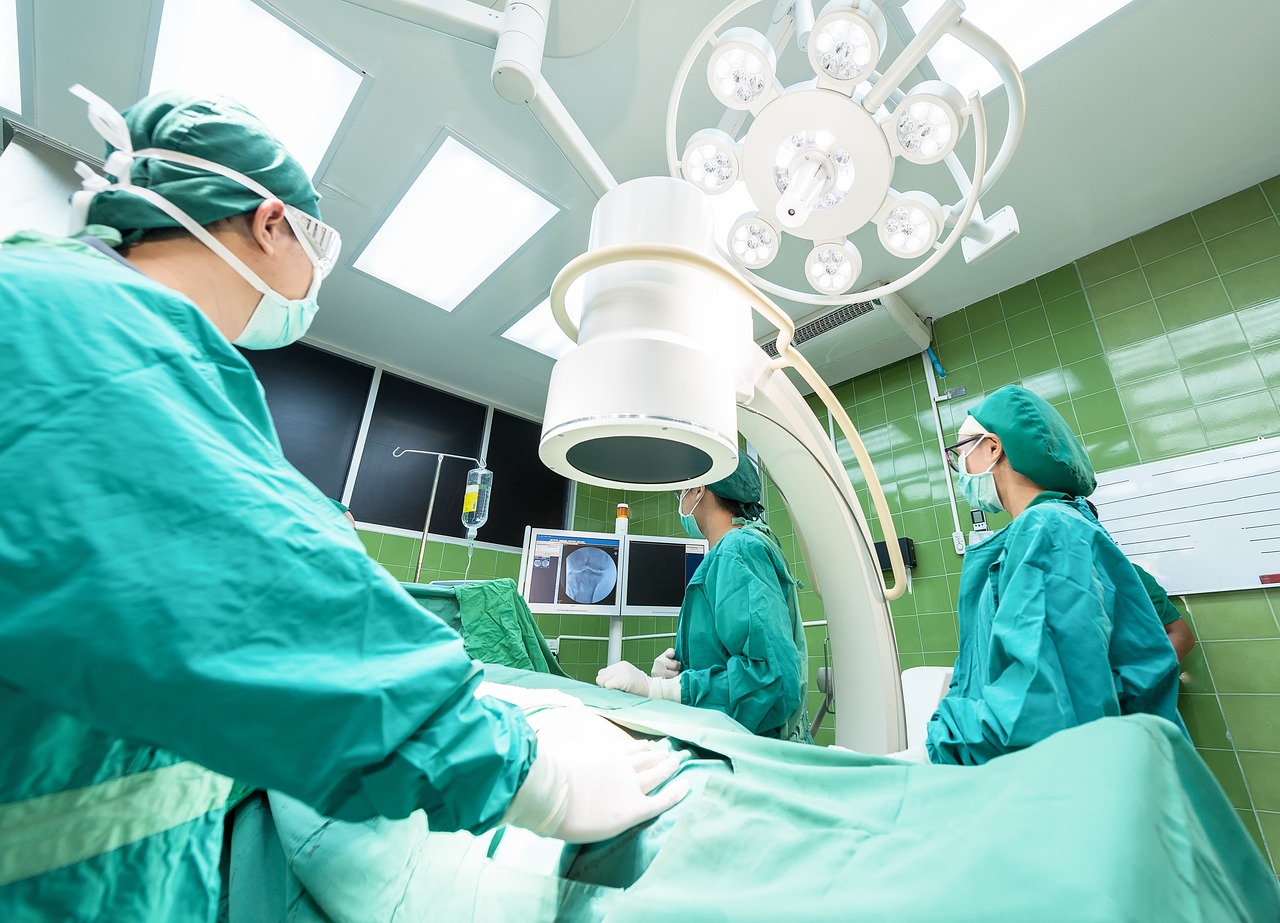The government has revealed additional details about this week’s Budget concerning the NHS, which includes a significant allocation of £1.57 billion for new surgical facilities, imaging equipment, and radiotherapy machines. This funding is part of a broader initiative aimed at increasing NHS hospital appointments and procedures in England by 40,000 each week. Health Secretary Wes Streeting emphasized that the Budget is intended to “begin addressing the underlying issues” within the NHS but cautioned that improvements will require time.
While health professionals have welcomed this new funding, they expressed concerns over numerous unresolved questions regarding future policies, as the government’s 10-year NHS strategy is not expected to be released until next spring. More comprehensive details regarding the funding plans will be disclosed in Wednesday’s Budget announcement.
Since assuming office last summer, Mr. Streeting has repeatedly stated that “the NHS is broken.” Current statistics indicate that waiting times for hospital care in England have reached a staggering 7.64 million, compared to just over four million prior to the pandemic. In August alone, over 280,000 individuals were left waiting for operations, scans, or appointments for more than a year. A recent report highlighted that the NHS in England is in “critical condition,” failing to meet essential targets for cancer care, emergency services, and hospital treatments.
Following the election, the newly formed government allocated £1.8 billion to support hospitals in England in their efforts to reduce waiting lists for planned treatments and appointments. This funding comes directly from Treasury resources. The Chancellor has indicated that additional financial support will be available to enable the NHS to fulfill its promise of providing an extra 40,000 appointments per week—translating to over two million annually as pledged in the Labour manifesto.
The government now plans to introduce an extra £1.57 billion for capital investments—expenditures related to equipment and infrastructure—in the upcoming financial year. The Treasury has yet to release total spending figures for the NHS and the Department of Health and Social Care for this year and next; this information is anticipated in the Budget announcement.
Chancellor Rachel Reeves described the NHS as “the lifeblood of Britain” and committed to ending years of neglect and underfunding. While she acknowledged that one Budget cannot rectify 14 years of damage, she affirmed it would provide essential resources needed to enhance services and reduce backlogs.
Mr. Streeting asserted that these measures would help “halt the decline” of healthcare services but warned that patients might still face challenges during winter months due to overcrowding in hospitals. He announced plans for “special teams” of leading surgeons to be deployed across hospitals nationwide to assist with increasing patient care efficiency.
Siva Anandaciva from The King’s Fund emphasized that while this initial funding is crucial, further efforts are necessary for a sustainable future NHS. He noted that existing maintenance needs within the NHS are already estimated at £13.8 billion. Additionally, securing sufficient staff for extra shifts remains critical amid high vacancy rates and workforce strain.
Moving forward, Wednesday’s budget is expected to outline comprehensive strategies aimed at revitalizing both the NHS and broader national health objectives. A Conservative Party spokesperson highlighted their commitment to record funding and reforms designed to bolster recovery from pandemic impacts while urging Labour not to hinder progress with unnecessary consultations.


